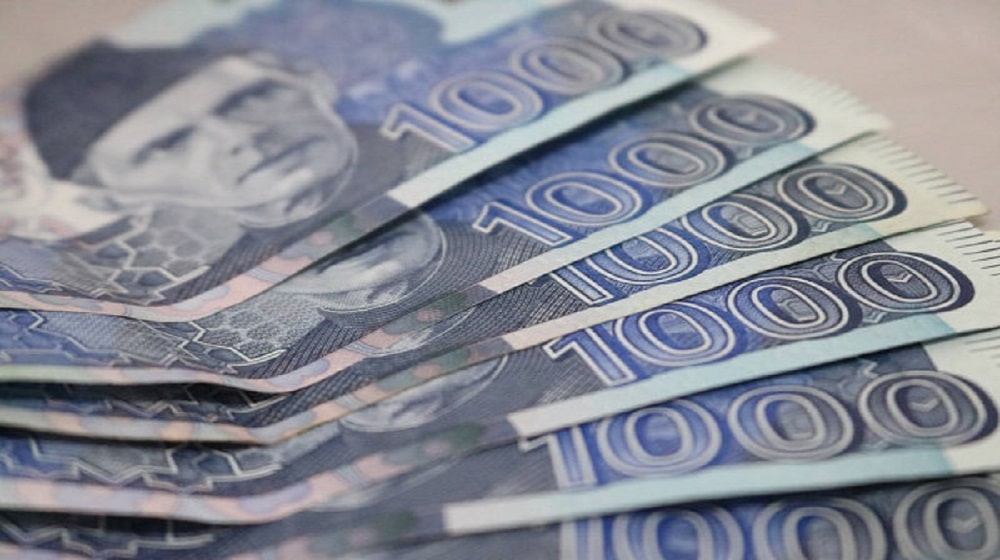The assets of the Islamic Banking Industry have the potential to grow up to Rs. 40 trillion and deposits are also expected to reach Rs.33 trillion by 2027 by the end of the next five years’ strategic plan.
According to estimates done by the Centre for Excellence in Islamic Finance (IBA-CEIF), if all stakeholders combine their efforts and a level playing field related to regulation & legal framework is provided to the industry along with required HR training and mass awareness campaigns then aggressive growth is expected.
Moreover, if major conventional banks start the conversion to Islamic banking based on the Federal Shariat Court decision and the State Bank of Pakistan (SBP) vision to convert the system to Shariah Compliant banking then the sector can witness yearly growth at the rate of 40 to 45 percent.
The growth opportunities were discussed at the one-day capacity-building session titled, “Islamic Finance for Media Professionals” recently held at IBA-CEIF in collaboration with the Center of Excellence in Journalism (CEJ).
The session was led by IBA-CEIF Director Ahmed Ali Siddiqui, who provided insights about the basic working model and differences between Islamic & conventional banking. He also discussed the growth trend of the local Islamic banking industry which is now over 20 percent of the banking market and also highlighted the global landscape of Islamic Finance that has grown to almost $3 trillion.
During the session, Faisal Shaikh, Head of Islamic Banking, Faysal Bank discussed the successful conversion journey of Faysal Bank to a full-fledged Islamic bank that was termed by many experts as the largest conversion of an Islamic bank with over 200 branches.
The role of SBP to promote Islamic banking in Pakistan was discussed by Islam Ahmed, Former Senior Joint Director, SBP. He also shared the regulatory and Shariah governance steps in Pakistan to convert the banking system to Islamic principles.
The event was attended by numerous journalists and media professionals from different news and TV channels, who gained insights about the growing market of Islamic Banking and finance, its core principles, practices, and its growing importance in the global financial landscape.
The participants appreciated the opportunity to learn about Islamic finance and its unique perspective on ethical and sustainable investing. They also expressed a desire in learning more about Islamic finance and its role in promoting economic development and social welfare.


























